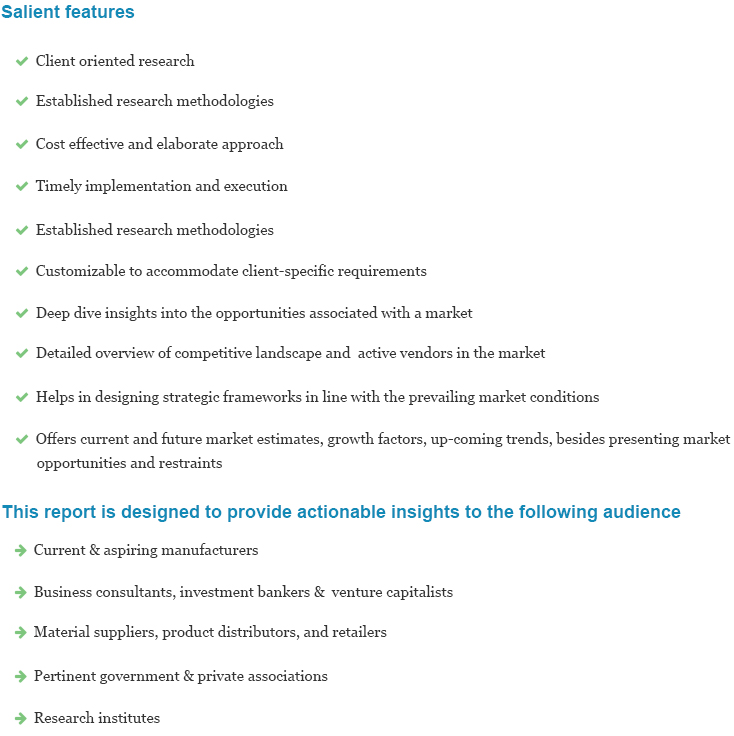
Enterprise Mobility Management Market Size, Industry Analysis Report, Regional Outlook, Application Development, Price Trend, Competitive Market Share & Forecast, 2016 To 2024
- Published: November, 2017
- Format: Electronic (PDF)
- Number of pages: 70
- Industry: Communication Services
The enterprise mobility management market is expected to grow at a CAGR of 27% over the forecast period from 2016 to 2024. Enterprise mobility management (EMM) is widely used software that handles various enterprise systems management, security, and content management. EMM offerings include capabilities that enable the secure management of devices, applications, and content within a mobile computing context.
Mobility solutions are primarily relevant to business operations in tandem with internet of things and cloud technologies; handling big data cannot be compromised. Surge in mobile devices, data coupled with competitive pressure are vital drivers of the market. Stringent security without hindering end-user experience, offering a sophisticated mobile content management, providing segmented messaging (by vertical or company size), and offering the ability to tie EMM into a broader end-user computing story also acted as major drivers for the market.
The need for enterprise mobility management solutions increased rapidly as the organizations seek solutions that can manage all aspects of mobile security ranging from device, to software, data and applications. Consumerization of IT, security and compliance are handful driving factors for the market. However, the value-addition of EMM is that it allows IT to enable employees with the information they need to efficiently perform their jobs. The greater the need for solutions that provide secure access to applications and that data mobile workers need, larger the market is expected to grow.
High initial cost required for implementation of enterprise mobility management, risk associated with use of personal devices, government and compliance issues are likely factors to dampen growth prospects over the forecast period. Mobile OS providers are building EMM capabilities directly into the device making less differentiation opportunities for OEM’s and new entrants are further forecasted to hinder growth.
Ability to create optimal experiences and workflows in-between productivity apps and files, data access policies, and functionality to secure data, devices and applications are key-value additions to lookout in future. Internet of Things (IoT) devices, wearable’s, and mobile devices are additional layers of authentication ensuring higher levels of security which are expected to drive the market growth. Vendors offering cloud-based solutions are adding on-premises solutions and on-demand service to cater customers, not comfortable with the cloud system.
The EMM industry is segregated on the basis of solutions, services, operating system, end-user, verticals and region.
On the basis of solutions, EMM is further segmented into mobile device management, mobile content management, and mobile application management. Mobile device management (MDM) features device level management and device level analytics. Mobile content management (MCM) includes secure email, calendar, and document management software integration and provide access to files/content/data sitting in various data stores to mobile devices. Containerization, app usage analytics and app wrapping are included in mobile application management (MAM).
On the basis of services, EMM is segmented on the basis of support and maintenance, and professional service which are major service segments .On the basis of operating system, iOS and mac OS, windows, windows mobile, android and blackberry are leading OS supported by EMM. Small and Medium Business (SMB) and enterprises are prime users of enterprise mobility management on the basis of end-use.
On the basis of verticals, chief consumers of EMM includes BFSI, telecom and information technology (IT), automotive, consumer goods and retail, government and defence, manufacturing, and travel and transportation. Telecom and IT sector are expected to face challenges related to move from using a browser to use of native application, and insecurely connected mobile devices which are expected to emphasize the industry growth.
EMM market on the basis of region has wide penetration in majority of large enterprises in the United States; leaving opportunity for mid enterprises as a potential market for vendors. In Asia Pacific market, telecom operators ranked high as a provider owing to rising number of internet subscribers and strong initiative to boost internet services, allowing the region to experience significant growth over the forecast period.
Emerging technology in enterprise mobility management market is feasibility to integrate mobile devices with machine-to-machine communication and wider enterprise communication.
AirWatch by VMware, Good technology, Blackerry and Citrix are top vendors in the EMM market serving globally followed by SAP, Globo, Microsoft, MobileIron, Sophos and SOTI.
sophos safeguard encryption mobile control provides security for mobile users which enable users to securely share encrypted files to mobile devices and securely add, view and edit encrypted documents stored in cloud. Once the market leader, SAP has been growing at a more modest pace the past couple of years.
VMware launched ‘Workspace ONE’ and ‘VMware identity manager’ to deliver AirWatch users a single catalogue for any app on any device with seamless single sign-on increasing feasibility to users on significant market note.

Choose License Type
- World's largest premium report database
- Transparent pre & post sale customer engagement model
- Unparalleled flexibility in terms of rendering services
- Safe & secure web experience
- 24*5 Research support service
